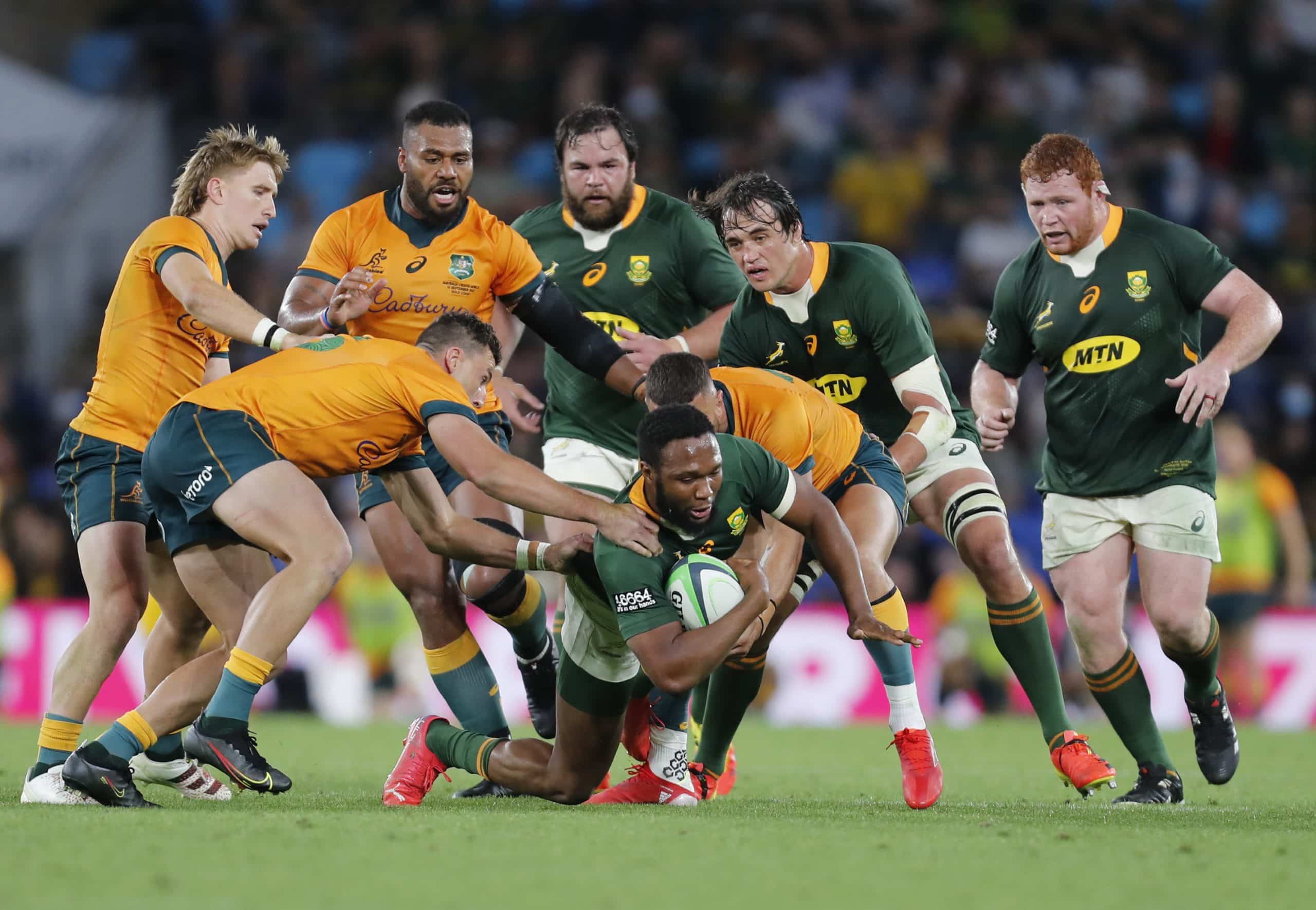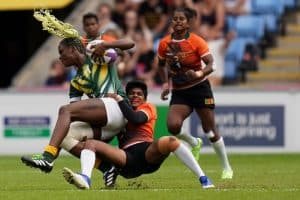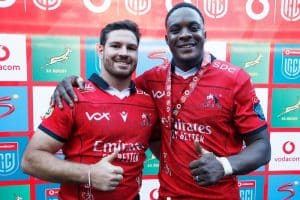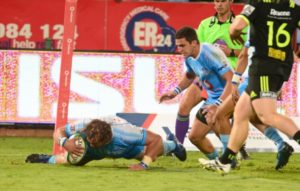Captain Siya Kolisi says the post-match review following last Sunday’s defeat to the Wallabies made for “difficult” but insightful viewing.
On the eve of the Boks’ rematch against Australia, Kolisi and assistant coach Mzwandile Stick fronted up for their customary media duties.
The backlash to the loss was based largely around the fact that key fundamentals, such as the Bok defence (21 missed tackles) and discipline (11 penalties conceded) uncharacteristically malfunctioned.
As Bok coach Jacques Nienaber highlighted earlier this week, a lot of the disappointment stemmed from the fact that “soft” first-time tackles were slipped, while there were as many as four unnecessary offsides penalties, and in the wrong areas of the field.
South Africa’s aerial game, kick-chase efficiency and place kicking also didn’t meet the usual standards, but as highlighted by a stoic Kolisi, it actually made for an easy performance review.
“We watched the game again, and immediately knew where we went wrong. It was very upsetting to lose that game, especially looking at the mistakes we made, which was difficult to see. But we are more determined than ever this week, we have really worked hard and individually we sat and looked closely at the simple errors we made.
“We also have to give credit to Australia, because they played really well, but we can be much better this Saturday, and we will!”
Kolisi used himself as an example when acknowledging that higher standards needed to be upheld when the Boks took to the field this weekend.
“I just think on the day, we weren’t at our best in terms of the standards we hold ourselves too, with 21 missed tackles, and we had less dominant tackles, so it was one of our poorest defensive games we’ve had. You can sit as an individual player, and it’s clear to see, you don’t need the coaches to tell you.
“You know as a player, and how you measure yourself. Personally I could look and say ‘that wasn’t me at all’, so that’s what made it easier to review the game, because I compared myself to how I was against Argentina, and the British & Irish Lions, and the standard was not the same. So we want to get back to that level before we look at anything else or complain about anything else.”
As the teams head into the fourth round of the Rugby Championship, the Boks have scored the second-most tries (eight), but several of the other attacking stats make for revealing viewing.
According to Sanzaar’s official website, the Boks rank fourth for clean breaks (five), fourth for carries (224), and joint-fourth for defenders beaten (42), while they are third for metres carried (893).
Only so much can be read into such numbers considering the Boks have a very specific game plan that looks to apply pressure without the ball, through their kicking game and defence.
However, as the team spends more time together, Stick was asked whether it was a work-on to begin creating more opportunities for someone like Makazole Mapimpi to have more time and space on the ball.
“Creating the space for the guys on the outside is always part of our plan. The game drivers in the team know they have the freedom to make the decisions to exploit the space when they see it, and we’ve trained for that.
“It’s not a case of us not looking for opportunities, just look at the try-scoring record with someone like Makazole Mapimpi, he’s on 16 tries in 19 games, and we have a guy like Cheslin Kolbe who normally scores week in and week out. When it comes to us creating space for them, it’s something that’s part of our game, but they must make the decisions to know when it’s on, and then take the opportunities.
“But we are not going to try and force things and try and play champagne rugby, it’s not in us. The most important thing for us is to play the pressure game. That might be through the boot, through the set pieces, or by taking the ball through the hands. That will be decided on the day – and our players have the freedom on the field to make those decisions.”
Photo: EPA/Regi Varghese/BackpagePix





